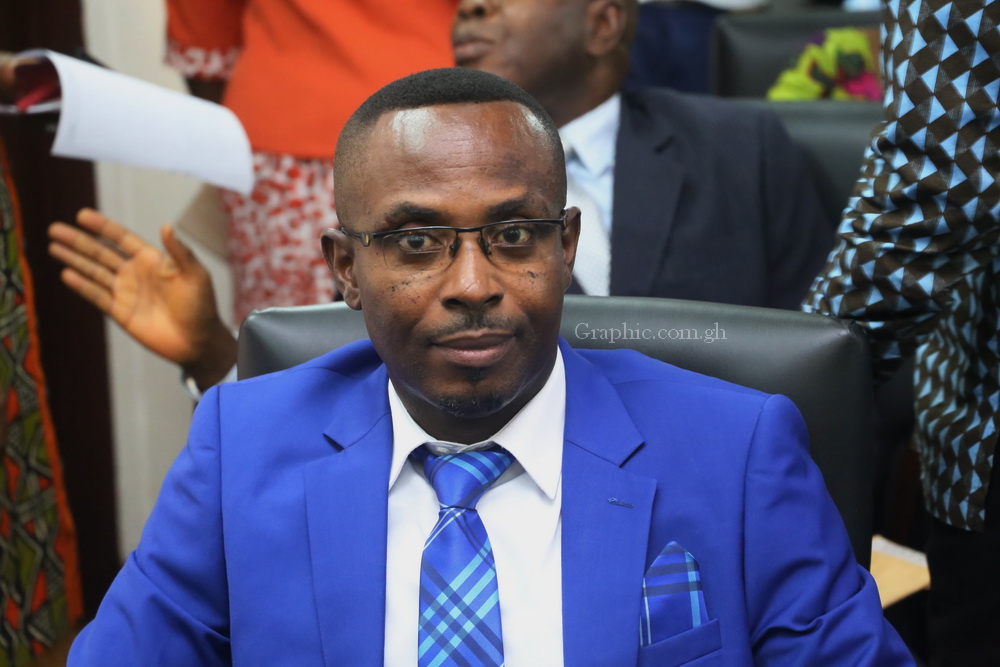
Revenue mobilisation in 16 MMDAs automated
The Kingdom of the Netherlands through its Tax Revenue for Economic Enhancement (TREE) Project has automated revenue mobilisation in 16 MMDAs in the Central and Western regions of Ghana.
This was made known by the Central Regional Minister, Mr Kwamena Duncan, at a Leadership Master Class workshop organised by the TREE project for the Management of the selected MMDAs and assembly members in Cape Coast.
The Regional Minister expressed satisfaction about the progress made by the TREE project just within a year of its implementation in the region.
He was particularly impressed with the huge improvement the TREE project had made on the revenue database of the beneficiary MMDAs.
Enhancing revenue
The minister urged the officials of the MMDAs to take advantage of the revenue management software that the TREE project had deployed in their beneficiary MMDAs to enhance their revenue base.
According to the minister, the TREE project tied in with the President’s vision of Ghana Beyond Aid.
He urged the assemblies to mobilise their own resources and make conscientious efforts to create national wealth.
He stressed that it was only when assemblies learnt good practices in revenue mobilisation from the TREE project and enhanced their revenue base that the Ghana Beyond Aid agenda could become a reality at the local level.
Mr Duncan indicated that the participants in the workshop are among the privileged few into whose hands the good people of Ghana had put their fate and entrusted the management of state resources.
He admonished chief executives, co-ordinating directors, presiding members and the assembly members at the workshop not to disappoint the citizens by doing otherwise.
He expressed gratitude to the government of the Netherlands for her continuous support and assured the management of the TREE project of his and the Central Regional Coordinating Council’s unflinching support for the project.
The Project Director for VNG International, Mr Peter Jongkind, announced that the project had so far deployed three major software in the beneficiary MMDAs. He indicated that the software were currently being used to collect data, locate properties and manage the entire revenue of the assembly.
Political Interference
Mr Jongkind called on the leadership of the participating MMDAs to lead the change process and support the efforts of their staff and the TREE project team to achieve the mutual goal of enhancing revenue and service delivery to the citizens.
The project Director identified political interference as a major challenge hampering effective revenue mobilisation in the assemblies in Ghana.
He admonished the management of the assemblies to put in the required efforts to overcome the political interferences in the revenue mobilisation process in their respective assemblies.
Mr Jongkind also announced that the TREE project was at an advanced stage of introducing e-billing and e-payment which would enable rate payers in MMDAs under the projects to use mobile money to pay their property rates.
That, he believed, would contribute immensely in blocking leakages in the revenue mobilisation process of the MMDAs.
The Communication Expert of the Project, Mr Philip Dornyo, in an interview on the side of the workshop, indicated that the project had organised series of capacity-building workshops for key officials of the assembly on the three software and in both mass and interpersonal communication skills.
He explained that the project had used its TaxMan Software to generate property rate bills for almost all the first sixteen beneficiary MMDAs.
The TREE Leadership Master Class workshop aimed at building the capacity of the top officials of the various MMDAs in financial management, change management, project planning and execution.
The workshop was attended by metropolitan, municipal and district chief executives, coordinating directors, finance officers, presiding members and selected assembly members of the MMDAs who participated in the TREE project.
